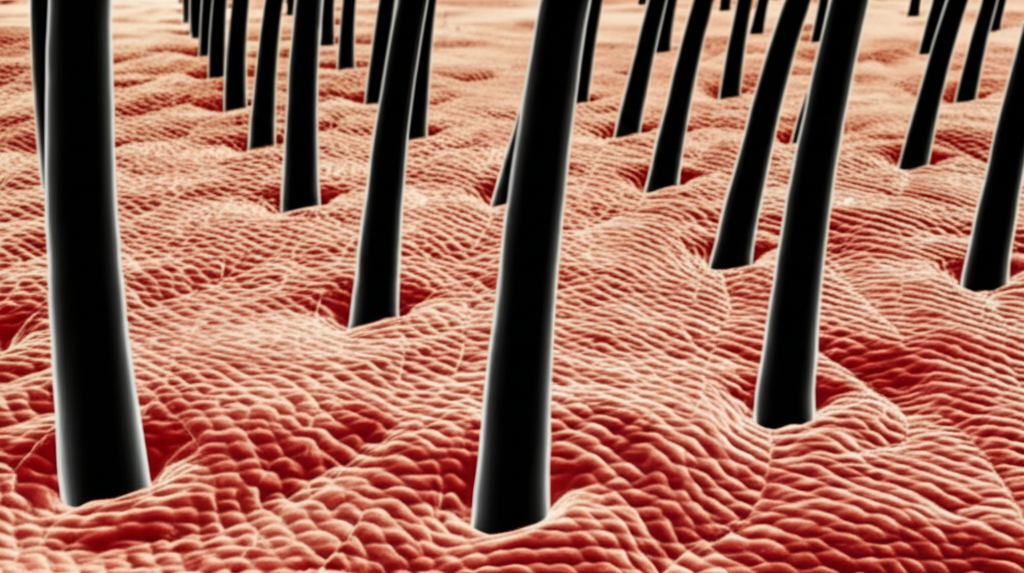For centuries, anecdotal evidence has linked stress to gray hair. While stories abound of individuals’ hair turning gray prematurely due to stressful life events, solid scientific evidence has been lacking until now. Recent research sheds light on the true cause of gray hair, moving beyond mere observation.
The human body relies on metabolic energy, but the autonomic central nervous system orchestrates everything. This system, working tirelessly, directs bodily functions like heartbeat, digestion, sleep quality, and more. The autonomic nervous system has two branches: the parasympathetic (passive) side, responsible for rest, relaxation, and healing; and the sympathetic (excited) side, associated with fight-or-flight responses and stress. Ideally, the body operates primarily in the parasympathetic state to avoid the damaging effects of constant stress.
A groundbreaking study published in Nature by Dr. Sanz and his team reveals that the overactivation of the sympathetic nervous system leads to the depletion of melanocyte stem cells. Melanocytes produce melanin, the pigment responsible for skin and hair color. Therefore, excessive stimulation of the sympathetic nervous system damages the stem cells that create melanocytes.

Melanocytes get their name from melanin, which shields the skin from ultraviolet radiation. Similarly, melanin determines hair color. This study demonstrates that chronic stress causes a sequence of events: overstimulation of the sympathetic nervous system, leading to a loss of stem cells that produce melanocytes. Stem cells are versatile cells that can transform into any cell type in the body, aiding in regeneration and repair. However, overexcitation depletes these stem cells, reducing the production of melanocytes. With fewer melanocytes, less pigment is produced, resulting in gray or white hair.
This scientific breakthrough validates the long-held belief that stress contributes to gray hair. Stressful environmental factors deplete the stem cells responsible for melanocyte production, affecting hair color. Similar conditions, like vitiligo (loss of skin pigment), also stem from stress-related disruptions in melanocyte production.
To prevent premature graying, it’s crucial to identify and manage sources of stress. Some non-negotiable actions can help calm the body: Magnesium and potassium are calming minerals. Exercise has a soothing effect on the nervous system. Green juices are incredibly calming. Deep breathing is tranquilizing. A diet that avoids excessive blood glucose spikes is essential, as glucose spikes can stress the body.



